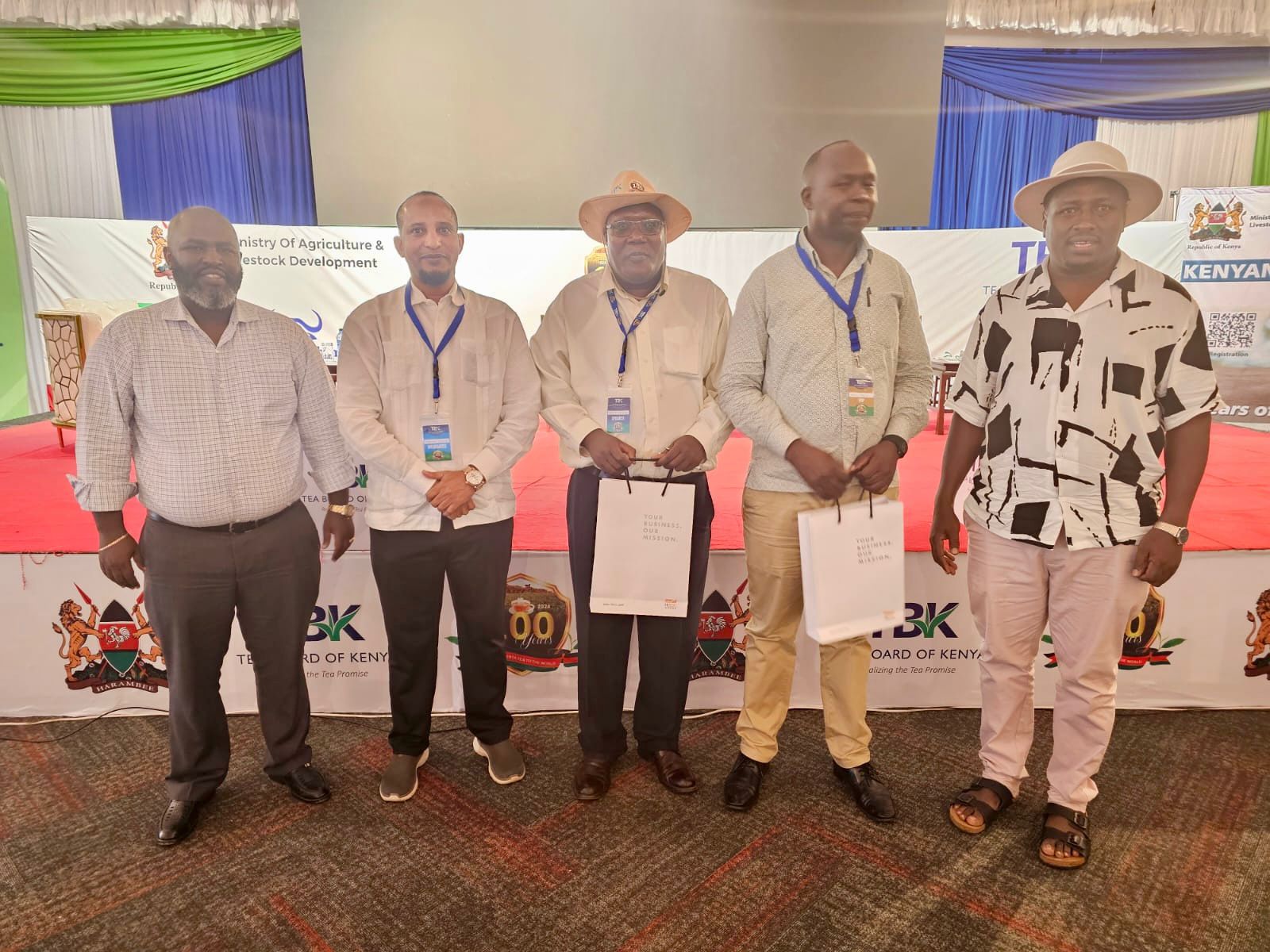Kenya’s tea centenary celebrations mark 100 years since tea was first planted in the country, recognizing Kenya’s growth into one of the world’s leading tea producers. This milestone celebrates the journey from its humble beginnings in 1903, when tea was first introduced in Limuru, to its establishment as a key economic driver.
Kenya is among the top three tea exporters globally, known for producing high-quality black tea.
Increasing tea consumption within Kenya has emerged as a strategic move. By boosting internal demand, we can reduce our reliance on volatile global markets, thus cushioning farmers against global economic shocks. This shift would also diversify revenue streams for producers by tapping into local markets and fostering a culture of consuming local products, which can help stabilize the agricultural sector. Additionally, building a strong, self-sustaining tea market in Africa would make the continent less vulnerable to price fluctuations in external markets and increase resilience in the face of trade disruptions.
The conference was officially opened by the Deputy President of the Republic of Kenya, H.E. Kithure Kindiki, before delving into further discussions on creating a sustainable tea ecosystem, mitigating the effects of climate change on the sector, establishing market linkages, and envisioning the future for the next 100 years.







Leave A Comment